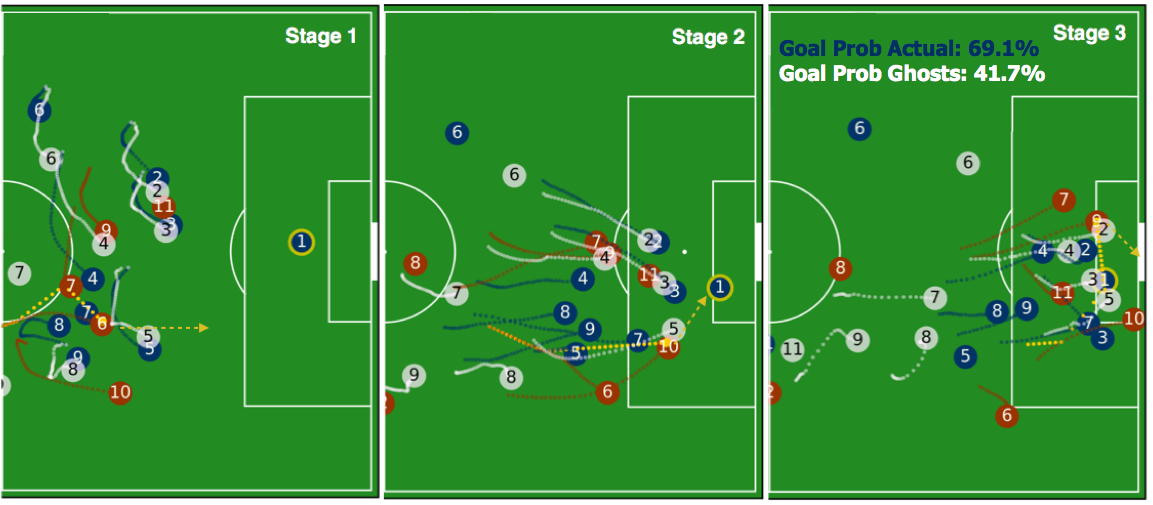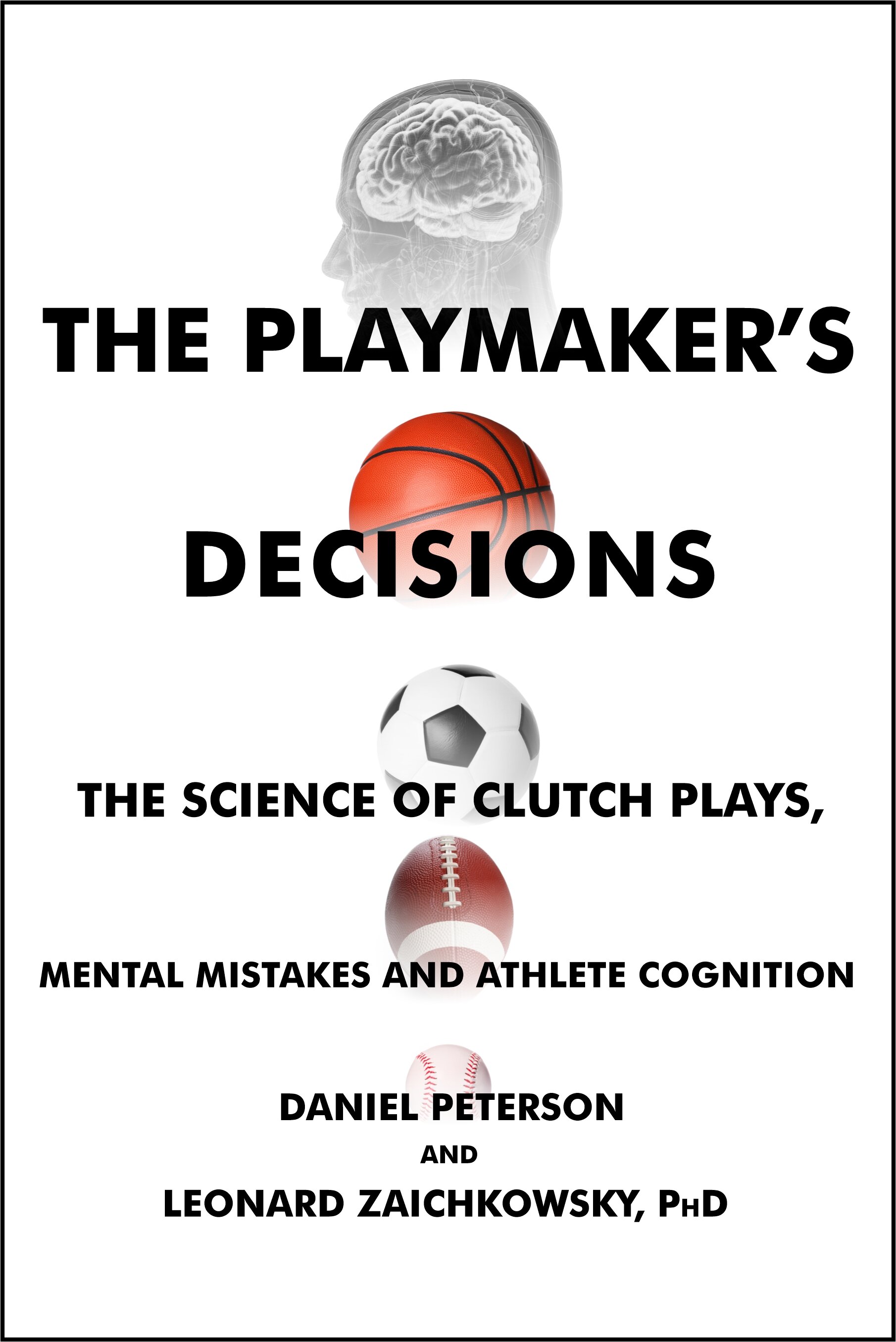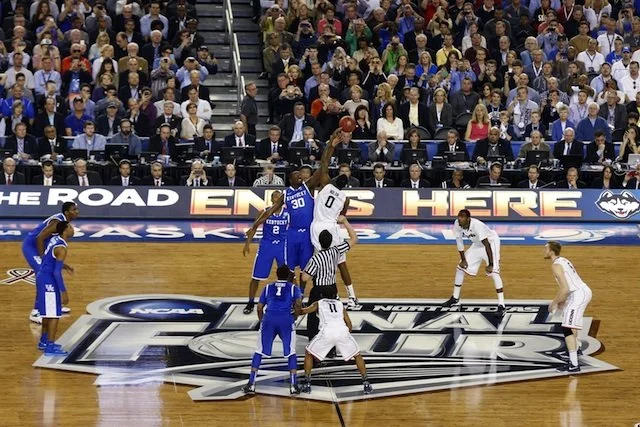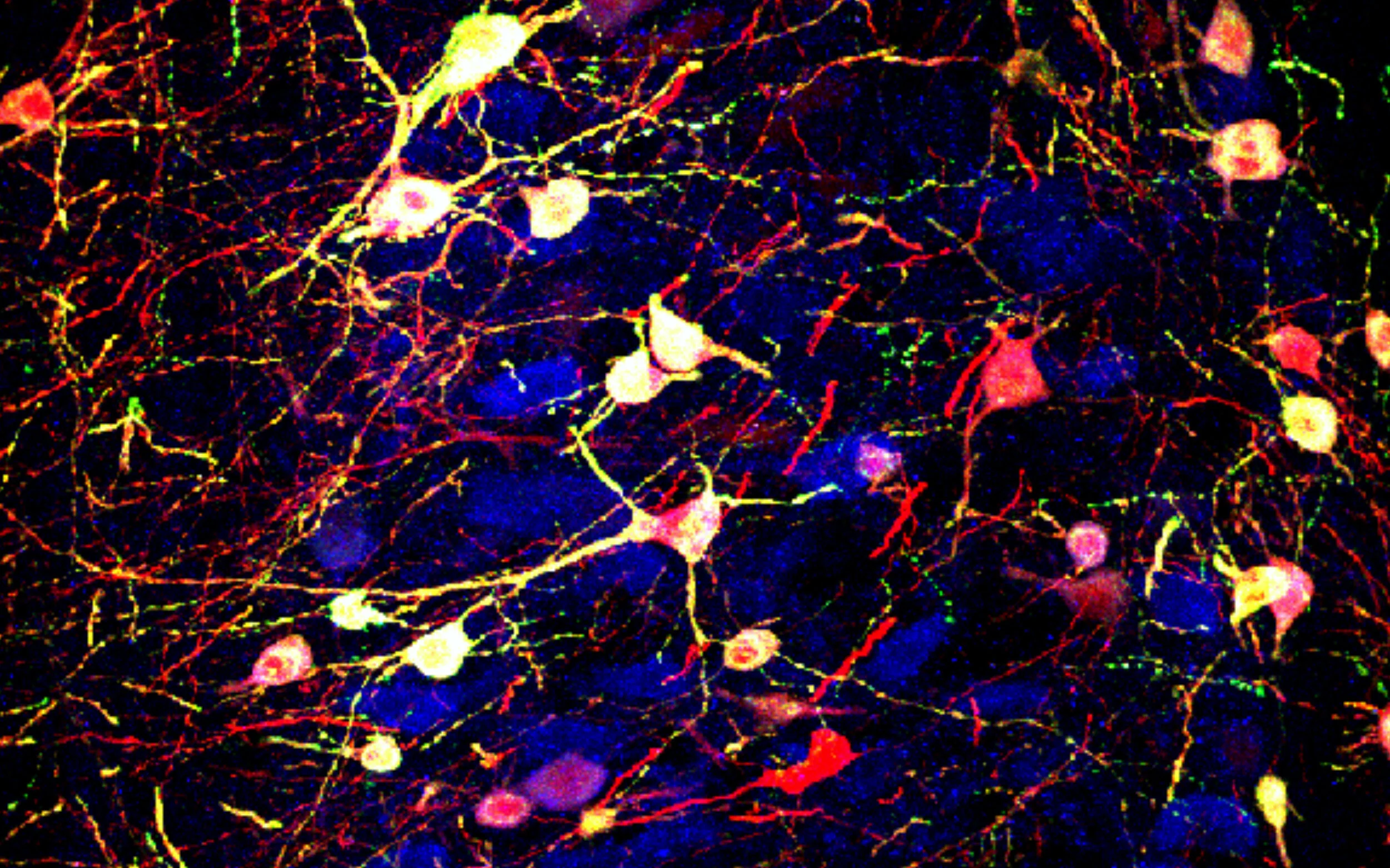Learning From Ghosts - How AI And Machine Learning Are Changing Sports
/It was an odd but effective analogy that the Manchester United players heard that day from their manager. “I remember going to see Andrea Bocelli, the opera singer. I had never been to a classical concert in my life. But I am watching this and thinking about the coordination and the teamwork, one starts and one stops, just fantastic. So I spoke to my players about the orchestra - how they are a perfect team.”
Sir Alex Ferguson, who won 38 trophies during his 26 years in charge at Old Trafford, recalled that particular pre-game talk to Anita Elberse, a professor at Harvard Business School, as part of a case study she created about his demanding but successful management style, albeit of a sports team rather than a company.
The symphony metaphor is appropriate for most team-based, invasion-type sports as only the unified efforts of all players creates the desired result, whether it be harmonious music or consistent victories. "To me, teamwork is the beauty of our sport, where you have five acting as one,” said Mike Krzyzewski, all-time wins leader in college basketball, who sounds much like Phil Jackson, owner of 11 NBA Championship rings, "the strength of the team is each individual member. The strength of each member is the team."
During a game, one player’s movement influences not only his teammates’ proactive adjustments but also the reaction of his opponents. A ball carrier’s cut to the left instead of the right changes the dynamics of both teams. At the end of the game, it’s interesting to know each individual’s analytics, like distance covered, passes completed and shooting percentage, but it is vital to visualize the coordinated movement of the team to truly understand how games are won and lost. The outside defender, small forward or right winger may have had a particularly good or bad day, but their net effect on the ensemble is what matters.
For decades, coaches have relied on game film to recall and explain what happened. Watching the action on video gives a richer, realistic recap of the motion that static statistics can’t provide. More recently, combining film with a numerical analysis offered two important but distinct assessments that still requires coaches to integrate. Today’s attempts to bring together the analog fidelity of film with the digital accuracy of analytics has stalled. Annotating video clips with play data, which allows for easier searches and context specific stats, helps but provides no way to apply advanced tools, like artificial intelligence (AI) and machine learning, to the thousands of micro movements and positional changes of players throughout a game.
Read More












